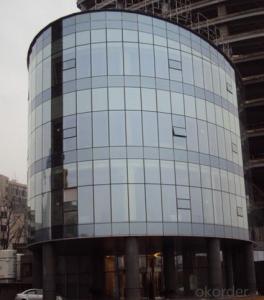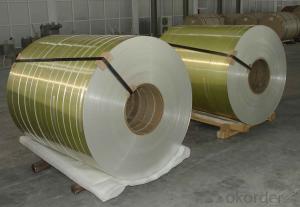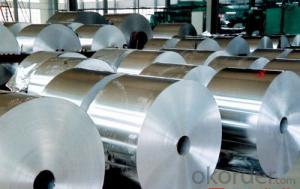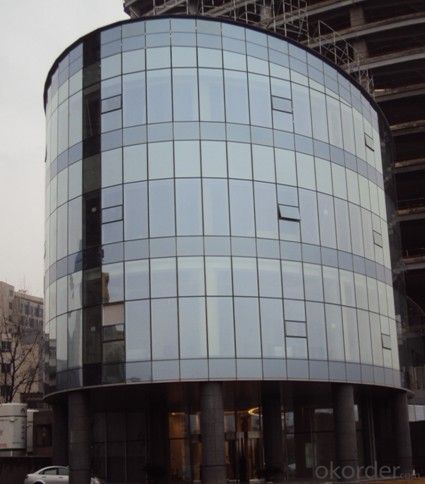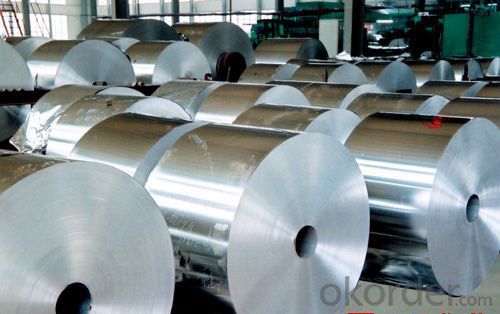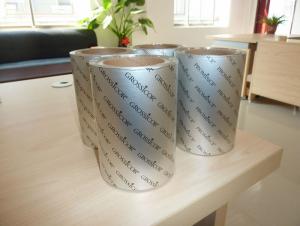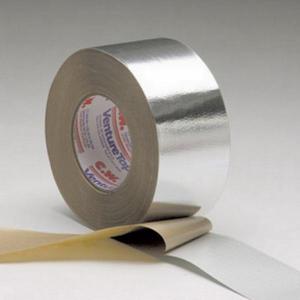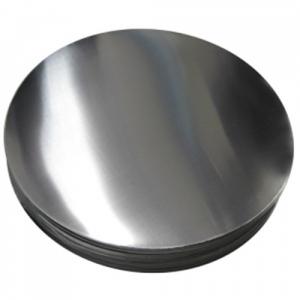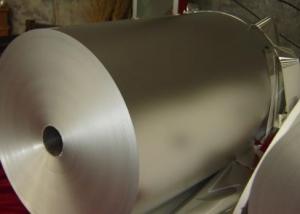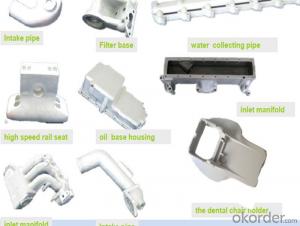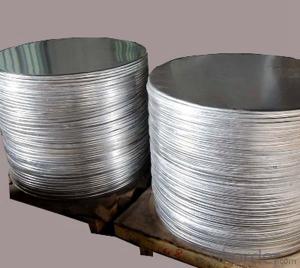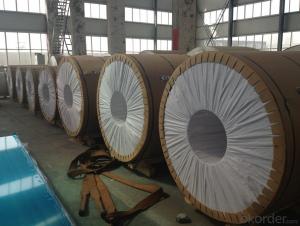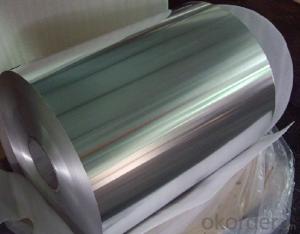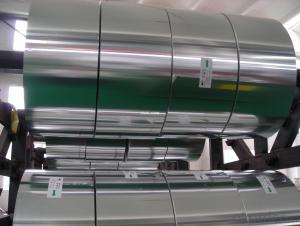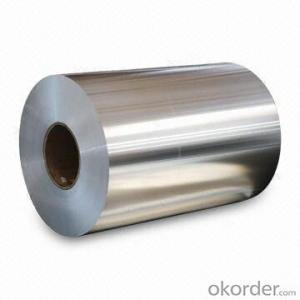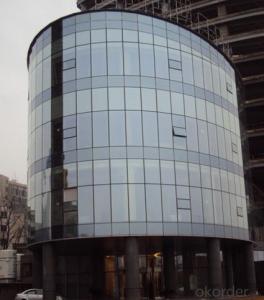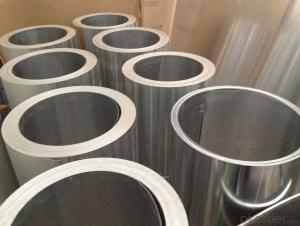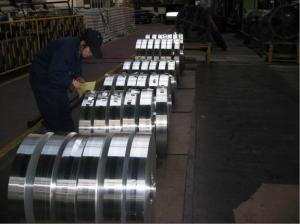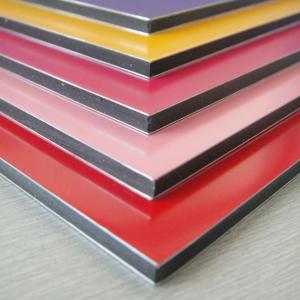Aluminum Cold Rolled Anodized Aluminum Coil for Gutter Made in China
- Loading Port:
- Shanghai
- Payment Terms:
- TT OR LC
- Min Order Qty:
- 5 m.t.
- Supply Capability:
- 100000 m.t./month
OKorder Service Pledge
OKorder Financial Service
You Might Also Like
Specification
| Product | color coated aluminium coil | |||||
| Commodity | Alloy | Temper | Gauge (mm) | Width(mm) | Length (mm) | Standard |
| Al.sheets for cladding wall/curtain wall | 1XXX 3XXX 5XXX | HX4 | 0.2-12 | 1630 | 1000~ 6000 | GB/T3880 GB/T3199 YS/TS429.1 |
| Al.alloy sheet/strip | 5052 | H1x H2x H3x | 0.2-20 | 1630 | Strip/ sheet | GB/T8544 |
| Al.strip for composite panel | 1XXX 3XXX 5XXX 8XXX | H1x H2x H3x | 0.2-20 | 1630 | Strip | YS/T432 YS/T434 |
| Foil stock | 1145 1235 1200 8XXX | H14 H24 | 0.01- 0.6 | 1630 | Strip | YS/T457 |
| Commercial Sheet/strip | 1XXX 3XXX 5XXX | 0 H1x H2x H3x | 0.2-20 | 1630 | Strip/ sheet | GB/T3880 GB/T3199 YS/T490 YS/T431 |
| Remark:Besides the stipulations in the above table, the specific technical agreement,if any,can be signed by the seller and buyer after mutual discussion. | ||||||
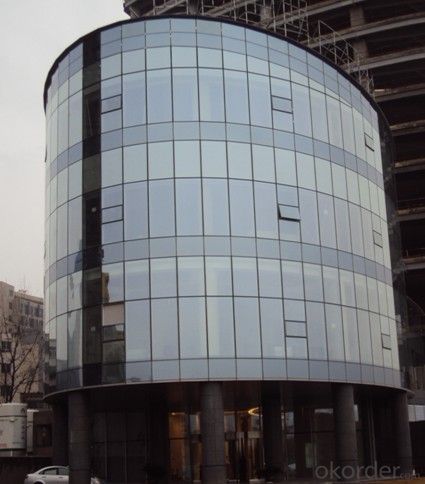
Company Information
CNBM is in aluminum foil, coil, sheet, plate for more than 10 years, thus we have rich product, technology and market experiences. With the world’s top aluminum processing equipments, experienced technical staff, cooperative and professional sales team, and the enterprise concept of responsibility and sharing, we have been widely focused since the day set up, and has gained high praise from customers home and abroad until now.
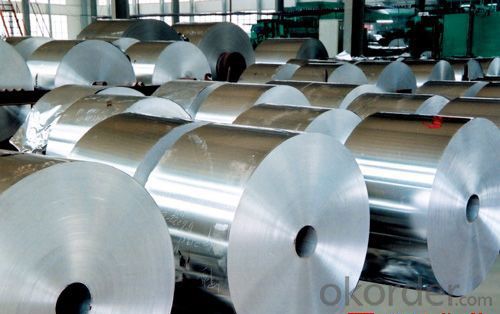
We specially produce and sell all kinds of aluminum foil, coil, sheet and plate with different sizes and applications. For Foil product, the main gauge ranged from 0.006mic to 0.10mm, and width ranged from 200mm to 2000mm. Alloys are 1235/ 1050/1060/1200/8079/8011/8006 etc, and ID is 76mm, 152mm. The main application includes flexible package, cigarette foil, golden card foil, pharmaceutical foil, household foil, container foil, air conditioner foil, lid foil, beer mark foil etc. We also can supply aluminum coil, strip, sheet and plate in alloy of 1000 series, 3000 series, 5000 series, 6000 series and 8000 series etc.
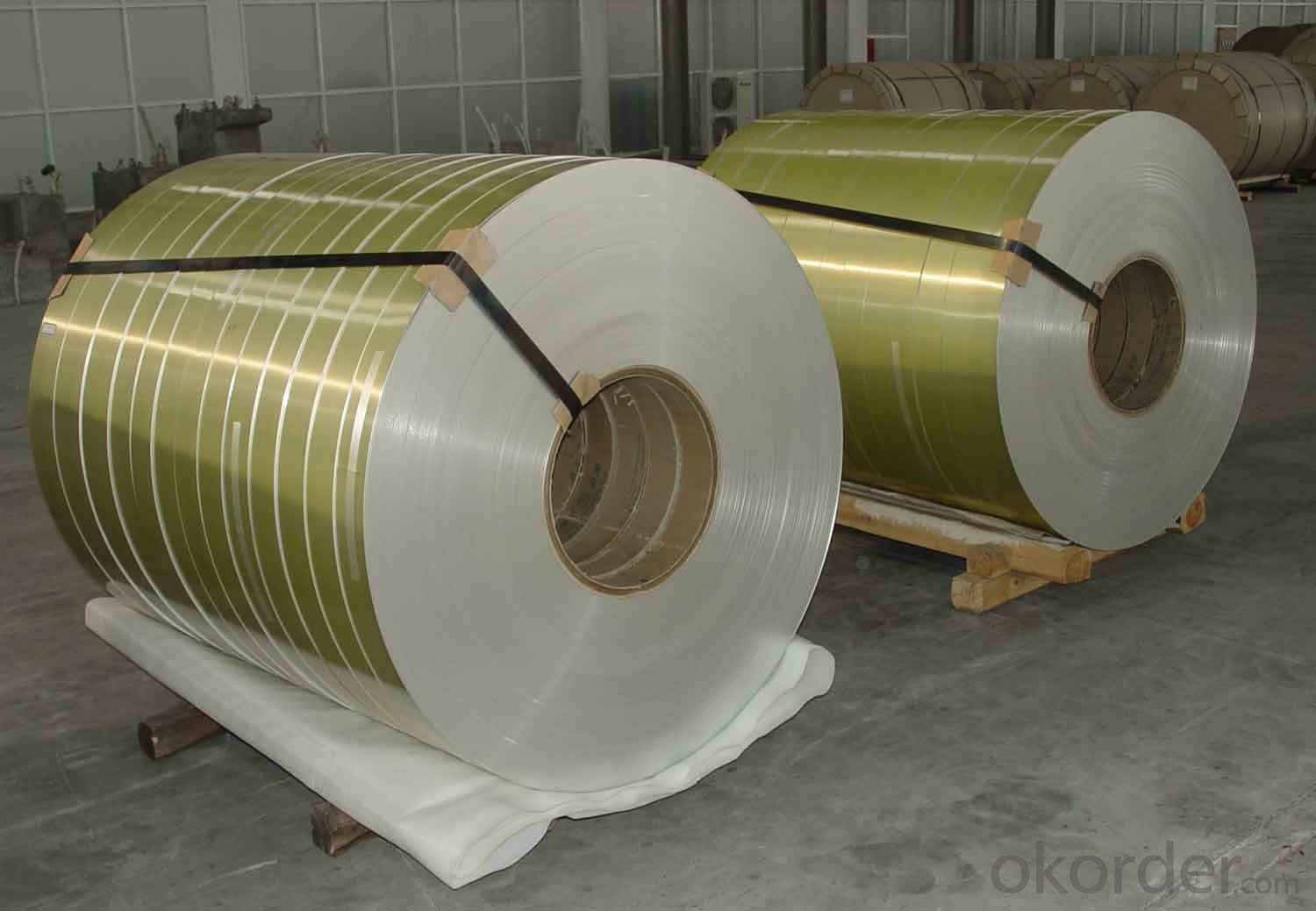
- Q: What other materials can be used as substitutes for aluminum in various applications?
- <p>Alternative materials to aluminum include magnesium, which is lighter and often used in automotive and aerospace applications; titanium, known for its strength and corrosion resistance, though more expensive; copper, utilized for its excellent electrical conductivity; and steel, which is stronger and more durable but heavier. Additionally, composite materials like carbon fiber and fiberglass offer weight savings and high strength, though they can be more complex to manufacture. Each alternative has its own set of advantages and disadvantages depending on the specific application and requirements.</p>
- Q: This question asks about the various applications of aluminum in the construction industry.
- <p>Aluminum is widely used in construction due to its lightweight, high strength, and corrosion resistance. It is commonly used in window frames, door frames, curtain walls, and roofing systems for its durability and energy efficiency. Aluminum is also utilized in structural components such as beams and columns, as well as in the manufacturing of prefabricated buildings. Additionally, it is used in the electrical wiring and conduits within buildings due to its excellent conductivity. Its versatility makes it a popular choice for both residential and commercial construction projects.</p>
- Q: This question asks for examples of alloys that have a significant amount of aluminum and are known for their strength and ductility.
- <p>Alloys that are known for their high aluminum content and possess excellent strength and ductility include 6061 aluminum alloy, 7075 aluminum alloy, and 2024 aluminum alloy. 6061 is widely used in structural applications due to its balance of strength, corrosion resistance, and formability. 7075 is one of the strongest aluminum alloys and is used in aerospace and high-strength applications. 2024 is known for its good mechanical properties and is used in aircraft structures and other demanding applications. These alloys leverage the benefits of aluminum, such as low density and high resistance to corrosion, while their specific compositions and heat treatments enhance their strength and ductility.</p>
- Q: Describe the melting process of aluminum, including the temperature range and any specific characteristics.
- <p>The melting process of aluminum involves heating the metal to its melting point. Pure aluminum has a melting point of approximately 660.3掳C (1220.5掳F). During the melting process, aluminum changes from a solid to a liquid state. It is important to control the temperature carefully to avoid overheating, which can lead to oxidation and the formation of dross. Aluminum is a good conductor of heat, so it heats up quickly. The melting process is often carried out in a furnace or a crucible, and protective gases like chlorine or inert gases are used to prevent oxidation. The molten aluminum is then used for various applications such as casting or welding.</p>
- Q: Is it possible to recycle aluminum in countries other than one's own?
- <p>Yes, aluminum can be recycled in many countries around the world. Recycling aluminum is a global practice due to its economic and environmental benefits. The process involves melting down old aluminum products, which requires significantly less energy compared to producing aluminum from raw materials. This makes aluminum one of the most recycled materials globally, with a well-established recycling infrastructure in various countries. The recycled aluminum is used to manufacture new products, reducing waste and conserving resources.</p>
- Q: This question asks for the various applications or purposes of aluminum alloys.
- <p>Aluminum alloys are used in a wide range of applications due to their lightweight, high strength, and corrosion resistance. They are commonly used in the automotive industry for vehicle construction to reduce weight and improve fuel efficiency. In the aerospace industry, they are essential for constructing aircraft and spacecraft. Other applications include construction materials, such as window frames and roofing, and in consumer goods like beverage cans and electronic devices. Aluminum alloys are also utilized in machinery and transportation equipment, sports equipment, and various engineering components where a combination of strength, durability, and low weight is required.</p>
- Q: This question asks about the process of manufacturing aluminum foil.
- <p>Aluminum foil is made through a process that begins with the extraction of aluminum from its ore, bauxite. The bauxite is first refined to produce aluminum oxide, which is then reduced to aluminum metal using the Hall-H茅roult process. The aluminum is then melted and cast into large ingots. These ingots are heated and rolled into thin sheets in a series of passes through large rolling mills. As the metal cools, it hardens, and the thickness of the sheet is progressively reduced. The final thin sheets are then cut and packaged as aluminum foil. This process requires precision and control to achieve the desired thickness and quality of the foil.</p>
- Q: Is it possible to utilize aluminum in car manufacturing to enhance fuel efficiency?
- <p>Yes, using aluminum in car manufacturing can contribute to increased fuel efficiency. Aluminum is lighter than traditional steel, which can reduce the overall weight of a vehicle. A lighter car requires less energy to move, which can lead to better fuel economy. Additionally, aluminum has good strength-to-weight ratio, allowing for a strong yet lighter structure. However, it's important to note that while aluminum can enhance fuel efficiency, it also has higher manufacturing costs and may not be as recyclable as steel.</p>
- Q: This question asks for common uses of aluminum foil.
- <p>Aluminum foil is used for a variety of purposes. It is commonly used in cooking and baking to wrap foods, cover dishes to retain heat or prevent splattering, and line baking sheets for easy cleanup. It's also used for food storage, preserving freshness by sealing in moisture and flavor. In addition to culinary uses, aluminum foil is utilized in arts and crafts, insulation, and as a barrier in some packaging to protect products from light and air. It's also employed in scientific experiments and industrial processes due to its reflective and heat-conducting properties.</p>
- Q: This question asks for a comparison between aluminum and magnesium, two common metallic elements, highlighting their differences.
- <p>Aluminum and magnesium are both lightweight metals with distinct properties. Aluminum is more abundant in the Earth's crust and is known for its high strength-to-weight ratio, making it ideal for construction and transportation. It is also a good conductor of heat and electricity. Magnesium, while also lightweight, is less dense and has a lower melting point than aluminum. It is highly reactive and is often used in alloys to increase strength and durability. Magnesium is also essential for biological processes and is commonly found in supplements. In terms of reactivity, magnesium is more reactive than aluminum, which makes it more prone to corrosion in certain environments.</p>
Send your message to us
Aluminum Cold Rolled Anodized Aluminum Coil for Gutter Made in China
- Loading Port:
- Shanghai
- Payment Terms:
- TT OR LC
- Min Order Qty:
- 5 m.t.
- Supply Capability:
- 100000 m.t./month
OKorder Service Pledge
OKorder Financial Service
Similar products
Hot products
Hot Searches
Related keywords
